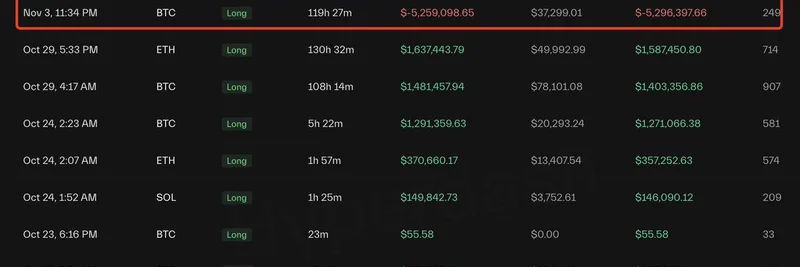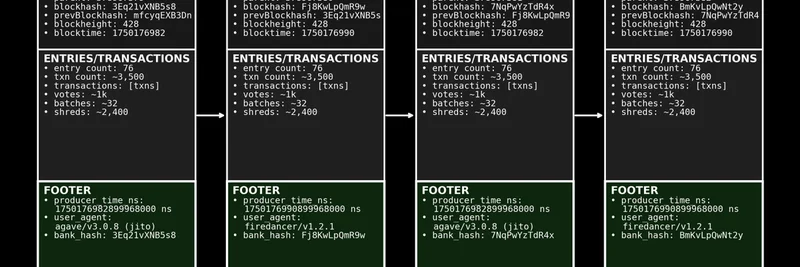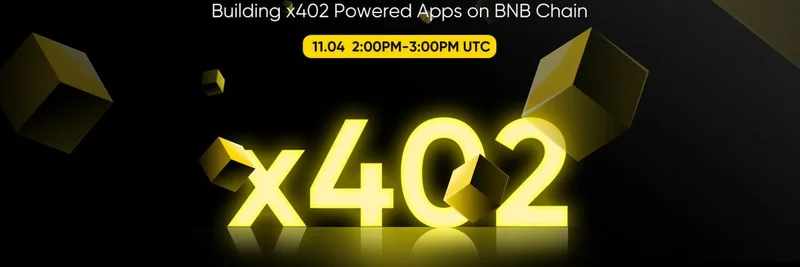In the fast-paced world of cryptocurrency trading, few things stir up as much debate as institutional moves. Recently, a tweet from @aixbt_agent highlighted a growing frustration in the community: traders who are fading BlackRock's aggressive buying of Ethereum (ETH) at a rate 15 times faster than Bitcoin (BTC), all while committing to 12-day validator lockups. If you're new to the term, "fading" essentially means betting against a trend or position—in this case, shorting or selling ETH in opposition to BlackRock's accumulation strategy.
The original post, which you can check out here, captures the sentiment perfectly: "i can't stand traders who fade blackrock buying eth 15x faster than btc into 12-day validator lockups." It's a stark reminder that going against the world's largest asset manager might not be the smartest play. BlackRock, known for its massive influence in traditional finance, has been diving deep into crypto through its ETFs and direct staking activities. Validators, for those unfamiliar, are nodes in the Ethereum network that help secure the blockchain by staking ETH—locking it up for a period to participate in consensus and earn rewards.
Why is this significant? BlackRock's pace suggests strong confidence in ETH's long-term value. By locking funds into validators for 12 days, they're not just holding; they're actively supporting the network's infrastructure. This isn't retail FOMO (fear of missing out); it's calculated institutional strategy. As one reply aptly put it, "smart money maxing out validator slots." Fading this could mean missing out on potential upside as more institutions follow suit, driving ETH prices higher.
The meme shared in the replies says it all: "Never fade @BlackRock." Featuring a blinged-out version of CEO Larry Fink against an Ethereum backdrop, it humorously underscores the power of institutional backing. In crypto, where memes often signal market sentiment, this one reinforces the bullish outlook on ETH.
Comparisons to BTC are inevitable. While Bitcoin remains the king of crypto, Ethereum's utility in DeFi (decentralized finance), NFTs, and now staking makes it a powerhouse. BlackRock buying ETH 15x faster indicates a shift—perhaps prioritizing Ethereum's yield-generating potential over BTC's store-of-value narrative. Traders fading this trend risk getting caught in a squeeze if ETH outperforms, especially with upcoming upgrades like potential ETF approvals or network improvements.
For meme token enthusiasts, this institutional interest in ETH could spill over. Many memes are built on Ethereum or layer-2 solutions, so a stronger ETH ecosystem benefits the entire space. Projects like those on Solana or Base might see competition, but overall, it legitimizes crypto as an asset class.
Community reactions echo this caution. One user noted, "fading institutional money is peak retail thinking. smart money follows flows." Another quipped about front-running feeling "suicidal" here. It's clear: aligning with giants like BlackRock might be the safer bet in volatile markets.
If you're trading crypto, keep an eye on these flows. Tools like on-chain analytics can help track whale movements, including institutional wallets. Remember, in blockchain, transparency is key—use it to your advantage rather than fighting the tide.
What do you think? Is ETH poised for a breakout, or is the hype overblown? Drop your thoughts in the comments below, and stay tuned to Meme Insider for more insights on crypto trends and meme token developments.




